Every Monday, we ask small firms key questions. Here we speak to Jess Christman, who runs Black Isle Firewood, from his home near Beauly.
How and why did you start in business?
Originally from Illinois, in the US, I was at college in Pennsylvania when I had the opportunity to spend a year out visiting Scotland. I arrived, liked what I saw and stayed, gaining an honours degree in town planning from Heriot-Watt University in Edinburgh.
After graduating I spent a year working as a planning assistant in the Scottish Office, but quickly realised it was not for me. I left and started working on building sites, and it was there I discovered my affinity with timber.
I slowly picked up carpentry skills, and then spent years building extensions and houses in East Lothian on a self-employed basis.
How did you get to where you are today?
As time passed I moved off the tools and into management – eventually finding myself working for a housing association, leading their development programme. This led to me, my partner, Fiona, and our five children moving to the Highlands.
I’d developed a couple of schemes based on biomass district heating systems just prior to the 2007-8 financial crisis. Then, as everyone knows, things slowed down dramatically – not least the development I was working on. I decided to take voluntary redundancy and start again on my own.
We love the Highlands, had a look around, found Swallowfield Smallholding just outside Beauly and, in 2010, moved in.
I started small, selling seasoned firewood under the trading name Black Isle Firewood. I then started producing and selling my own woodchip, and now also mill and sell larch cladding, though Douglas fir and spruce are also available.
I’m really excited about adding our latest venture to the list – tourist accommodation in the form of eco-bothies. We use our own sawn timber and workshop to construct post and beam structures which can be delivered complete on the backs of lorries. Our first is already up – a 22 square metre (237sq ft) unit for two people.
Who helped you?
Highland Council’s business development team at Business Gateway has been very helpful, providing both advice and financial support.
I joined the Federation of Small Businesses (FSB) to develop a wider network of contacts, with similar businesses, and to pitch in with government lobbying. It’s also good to know the FSB is there as a safety net should I need one.
What’s the best piece of advice you’ve ever had?
Too often in life, when one door opens another will slam in your face but that certainly doesn’t mean it’s inevitable. Determination and persistence make up for many failings.
What is your biggest mistake?
While self-employed and working for the main contractor on a high-profile project in East Lothian, I assumed I would be paid fairly. I wasn’t and there was nothing I could do about it. The moral? Take the time to understand building contracts, go through the small print with a fine-tooth comb and if you’re not happy with something, change it.
What is your greatest achievement?
Raising £300,000 to create community woodlands for East Lothian Community Woodland Trust.
If you were in power in government, what would you change?
I’d create a federal structure to disperse power and bring democracy closer to local people.
What do you still hope to achieve?
I want to build on Swallowfield Smallholding’s solid core, expanding and diversifying as new opportunities come along. Our eco-bothies are particularly exciting – there’s a great market for them.
What do you do to relax?
What are you currently reading, listening to or glued to on TV?
Better Call Saul, on Netflix.
What do you waste your money on?
My one luxury is my Contessa 26 yacht, which is moored at Lossiemouth. Sailing clears out the cobwebs.
What’s the first thing you do when you get up in the morning?
Lavazza coffee. There’s no better way to prepare for a hard day’s work.
What do you drive and dream of driving?
I drive a Mazda CX-30 hybrid. We’re hoping to shift to full electric, but are off-grid and need to develop our power supply further via a five kilowatt (kw) wind turbine. Currently, we have 4kw of solar but that’s not much use in the winter.
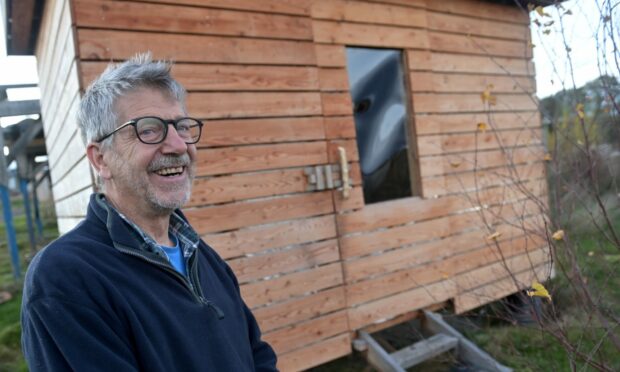
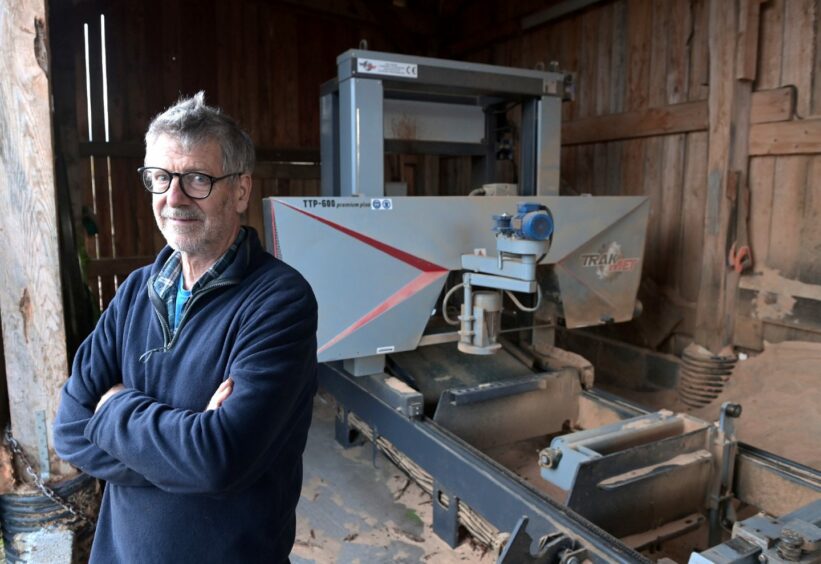
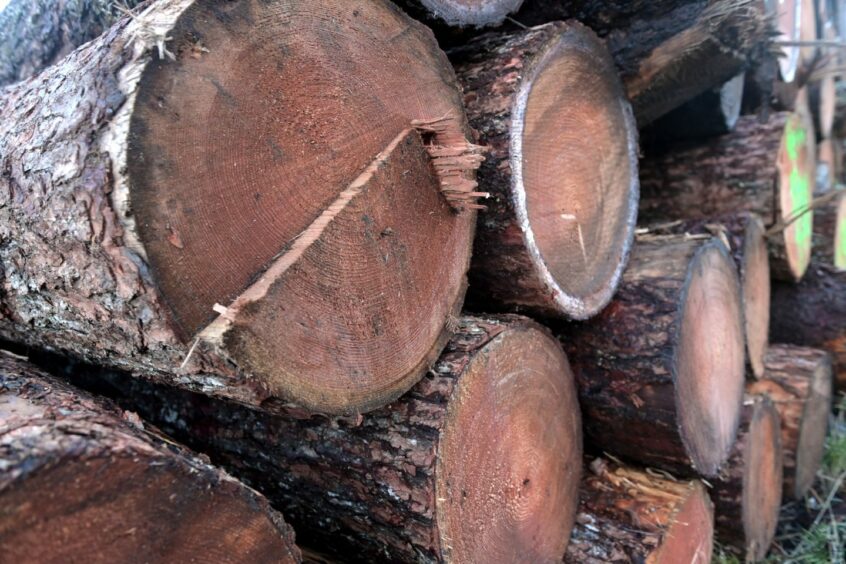
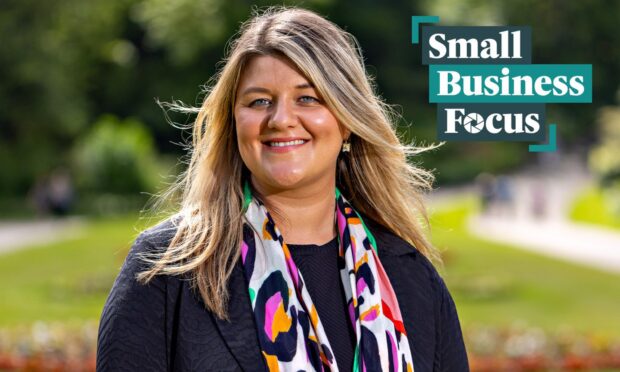
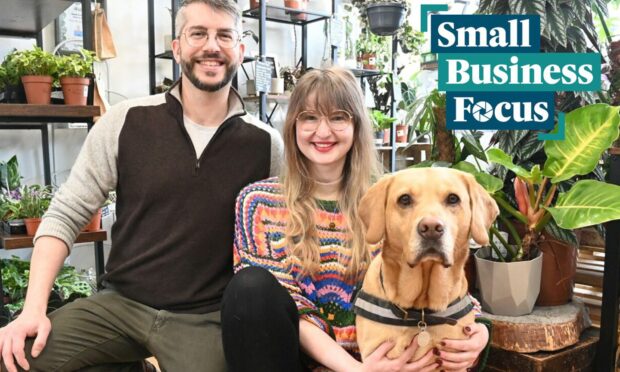
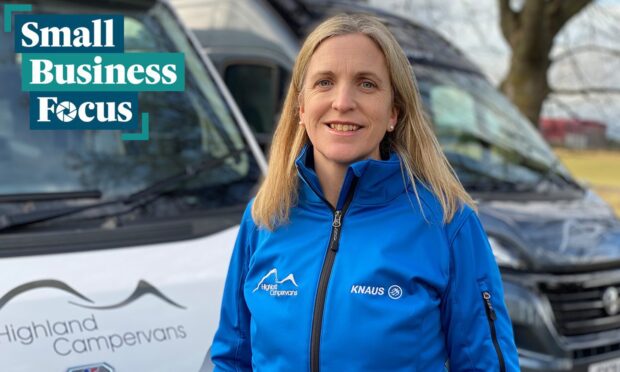

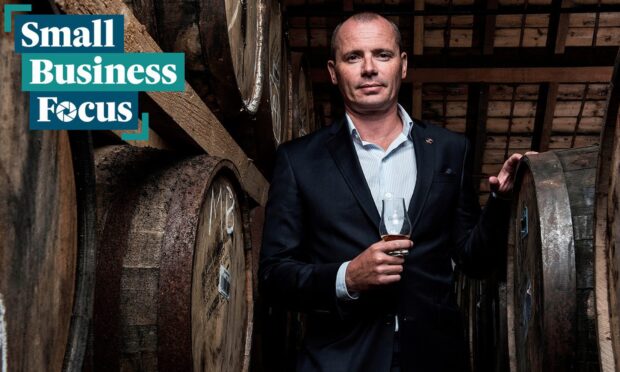
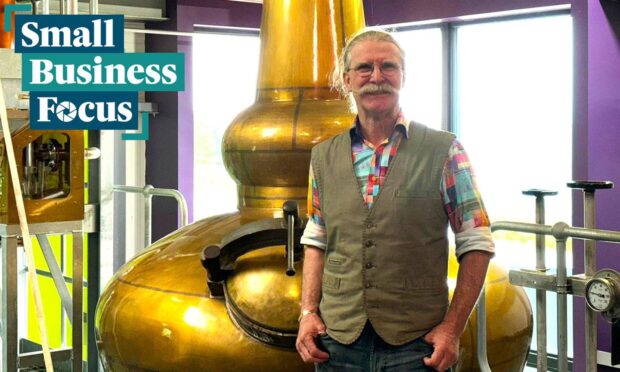
Conversation